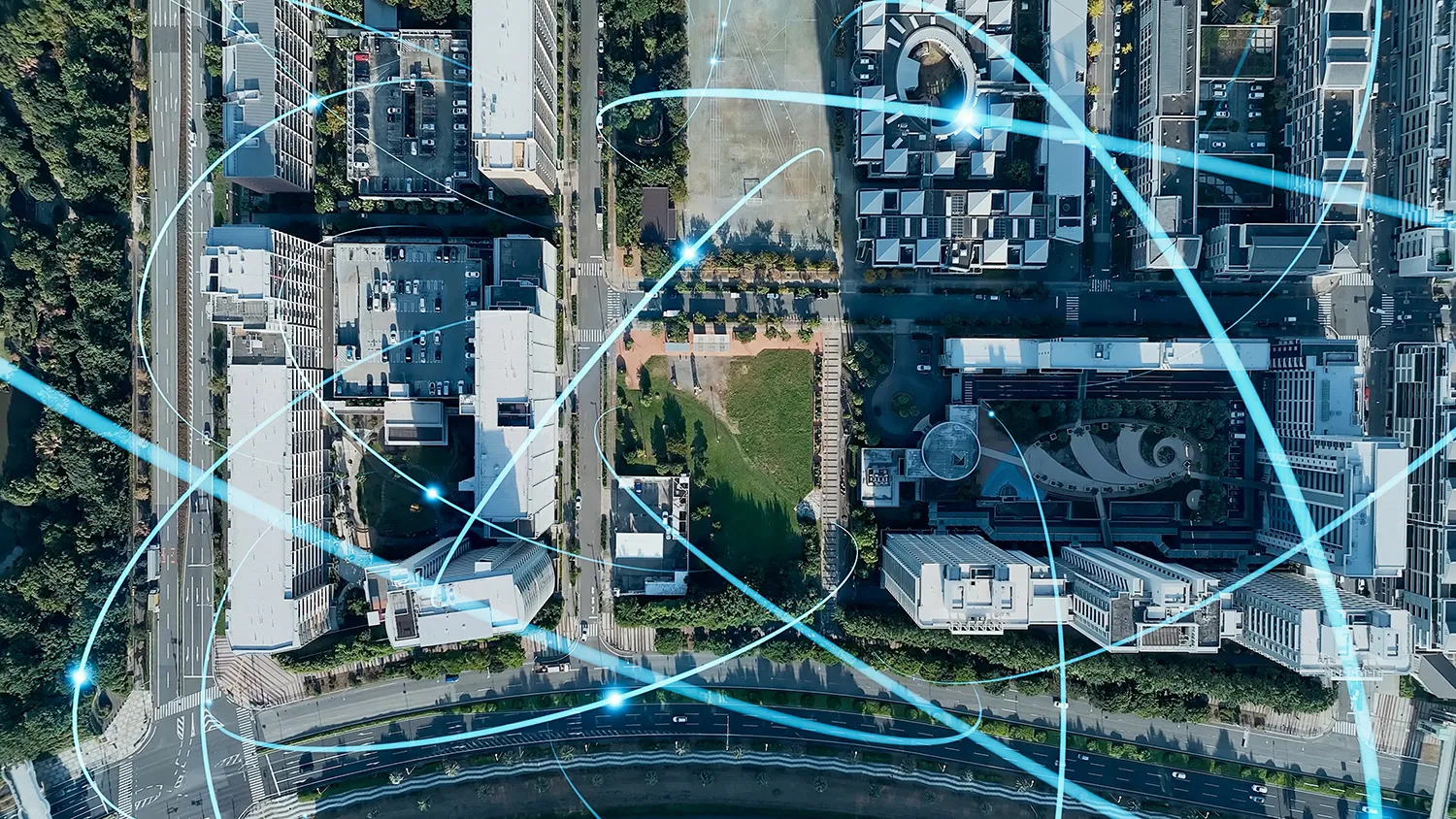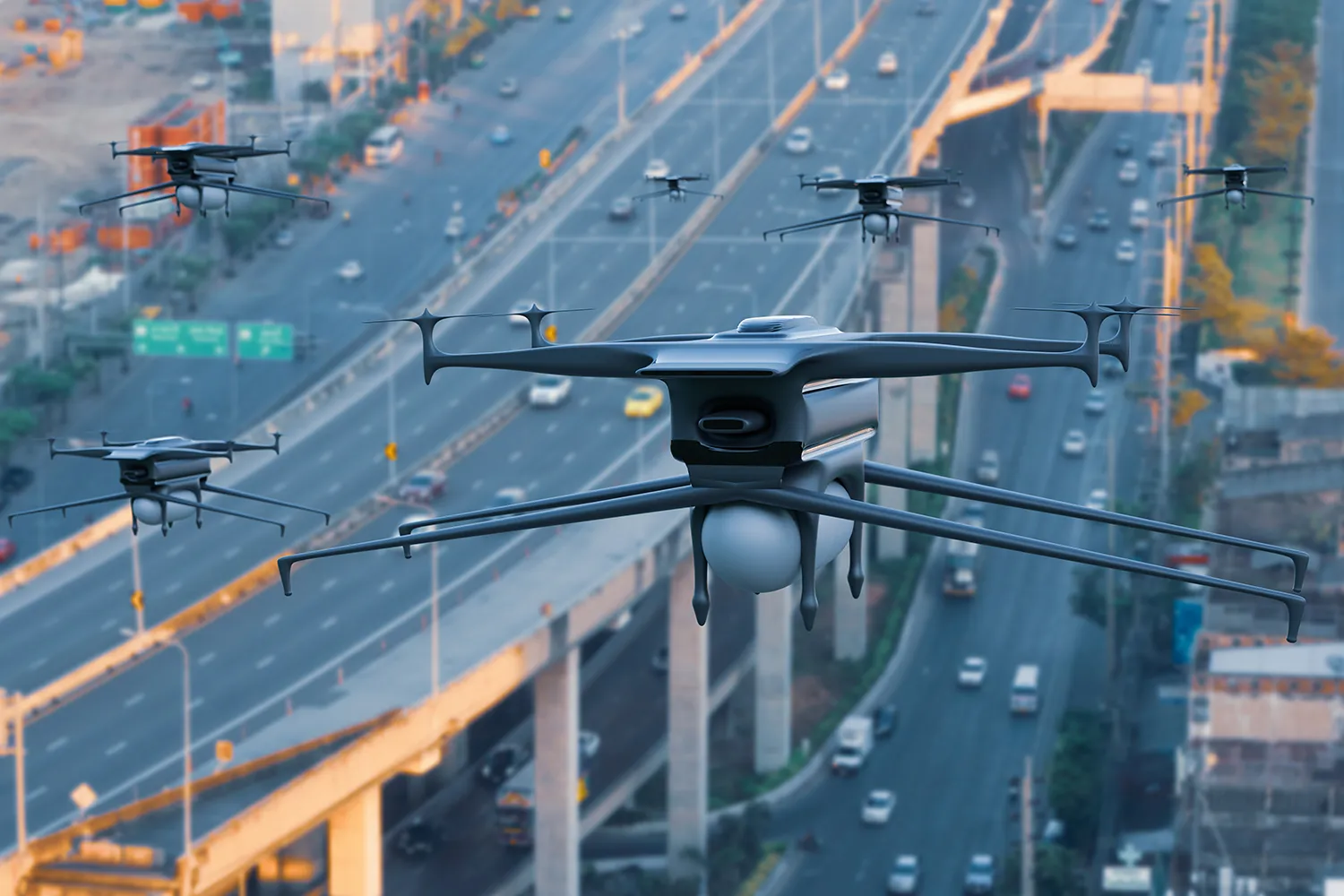How Artificial Intelligence Serves Citizens and the State

Russian cities are moving from pilot projects to full-scale deployment of digital solutions. Over the next three years, the number of use cases involving artificial intelligence in public administration is expected to at least double.
From Waste Collection to Traffic Monitoring
Artificial intelligence has firmly integrated into the daily life of Russians, revealing its capacity to boost productivity and reduce operational costs. The most apparent benefits stem from the automation of routine processes.
At the national forum 'Applied Artificial Intelligence: Solutions for Explosive Economic Growth,' experts discussed the role of AI in enhancing public administration. Anastasia Ershova, Head of the Smart City division at Sitronics KT, highlighted real-world implementations of AI in municipal governance during her presentation in the session 'AI Maturity of Municipalities.'

Today, AI-powered monitoring and automation are used in social services, housing and utilities, and public transport. The next leap will be automating citizen services. Municipal leaders are particularly interested in using AI to oversee waste removal operations, analyze traffic in real time, optimize public transportation routes, and deploy video surveillance with analytics to detect violations or risks in public areas and disaster-prone zones.
There is also growing demand for automating the processing of citizen requests, sorting complaints, and routing them to appropriate departments—an area where Russian IT companies are already providing market-ready solutions.
No Meetings Needed: Assignments Go Out Automatically
In Leningrad Region, Sitronics developed an AI-powered system to issue and monitor executive orders. For example, if vandalism occurs at a cultural site, the incident is logged automatically. The system collects data from various inputs, including chatbots, and generates tasks for relevant authorities.
“We built AI algorithms that categorize events and automatically dispatch assignments to responsible agencies,” Ershova told RBC. “The system then generates visual reports—graphs, charts, presentations, or text documents. It removes human bias, ensures transparency for decision-makers, and pinpoints areas needing attention.”

This not only streamlines response time but also enables predictive analytics. Developers aim to use AI to assess risk and forecast incidents—adding another layer of support for proactive governance and budget planning.
Russian AI Expertise Finds Global Demand
Russia's progress mirrors a global trend in the digital transformation of public services. As pilot projects mature into fully scaled systems, citizens benefit from faster, more transparent services, while governments gain powerful tools for fighting inefficiency and corruption.
Predictive analytics is already being used in Russia for municipal budgeting and urban risk forecasting. These smart city solutions—developed for domestic needs—are now being exported to countries in the CIS and beyond, as Russian IT firms offer their proven use cases to international partners.









































